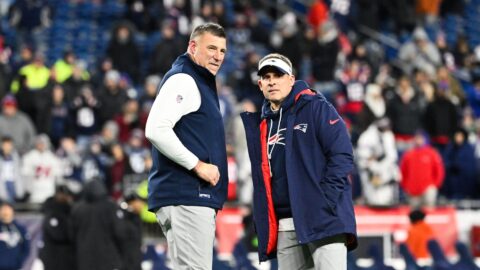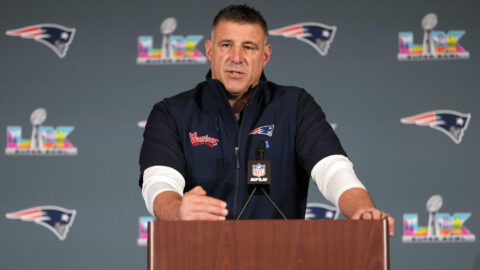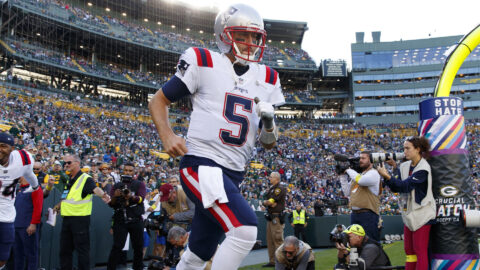 BOSTON — For seven years, Josh Beckett was a polarizing
BOSTON — For seven years, Josh Beckett was a polarizing
figure in Boston. Over that period, the right-handed pitcher represented the peaks and valleys the Red Sox experienced.
When the team was at the pinnacle of the baseball world in
2007, Beckett was heralded for his feats and showered with praise for posting a
4-0 record and 1.20 ERA in four playoff starts.
When the Red Sox plummeted to the depths of Major League
Baseball, Beckett shouldered the blame — sometimes of his own volition. Last
season, he was the ringleader in the chicken and beer escapades that sullied
the team’s reputation.
But Clay Buchholz is still a believer in Beckett. As he
reflected on Beckett’s seven-year stint with the Red Sox, Buchholz insisted
that his buddy was simply misunderstood.
“I definitely think he was portrayed in the wrong
way,” Buchholz said. “He’d be the first to admit if he did something
wrong.
“Being in a clubhouse where a lot of negative stuff
has happened over the course of a season, there’s fingers that have to be
pointed, and obviously, people think of him as one of the main guys on this
team, so a lot of stuff is pointed in his direction.”
Beckett’s behavior, however, never matched up with
Buchholz’s characterization of his career.
While Jon Lester showed remorse in spring training for the
beer drinking, Beckett remained defiant. Instead of admitting guilt, he chastised the snitches in the clubhouse who leaked the information.
The lack of contrition continued this season as the
32-year-old has battled through his toughest trials. Beckett’s fight with
Father Time — his low velocity is a major indicator — has led to a 5-11 record with a 5.23 ERA in 21 starts. Beckett would occasionally skip out on
his postgame obligations after poor starts.
Red Sox
manager Bobby Valentine, though, praised Beckett’s personality.
“He
was always very pleasant, very engaging — very different from what I was
expected before I met him the first time,” Valentine said. “I never
experienced that wall with Josh.”
Beckett
always adopted the philosophy that winning cured everything, even as he
couldn’t rack up the victories in 2012 to erase his errors.
Red Sox general
manager Ben Cherington pointed to the positives in his career.
“He
was on the mound for some of our most important games,” Cherington said.
“We don’t win the 2007 World Series without him. He has been a mostly and
even recently, very effective pitcher. Certainly there have been pockets of
performance this year and two years ago that he would tell you himself were not
up to his standards. But I think his tenure was a great success.”
Beckett’s
greatest strength was his greatest weakness. And his career symbolized the Red
Sox’ rocky road over the past seven seasons.
Have a question for Didier Morais? Send it to
him via Twitter at @DidierMorais or send it here. He will pick a few questions to answer every
week for his mailbag.



